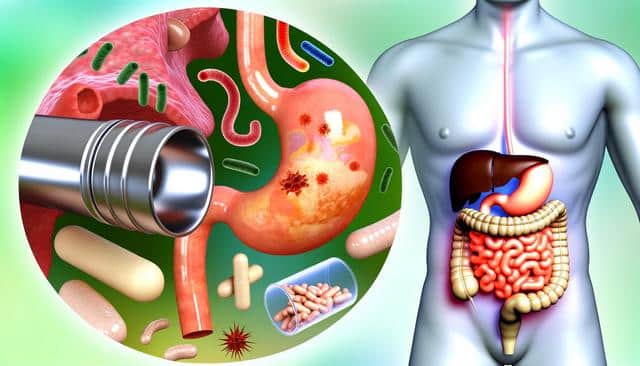Understanding Common Stomach Problems
Stomach problems can stem from various reasons, including infections, dietary habits, and underlying medical conditions. Gastrointestinal infections are particularly common, often caused by bacteria, viruses, or parasites. These infections can lead to a range of symptoms, including nausea, vomiting, diarrhea, and abdominal pain. It’s vital to address these issues promptly to prevent complications such as severe dehydration or chronic bowel problems. Additionally, issues like gastritis can arise from prolonged use of certain medications, excessive alcohol consumption, or bacterial infection. Understanding these common problems and their causes plays a pivotal role in managing and preventing them.
Approaches to Treatment and Prevention
Addressing stomach infections involves a combination of home remedies, dietary changes, and medical interventions. Here are some general approaches to consider:
- Ensuring adequate hydration is crucial, especially when symptoms include dehydration from vomiting or diarrhea.
- Eating a balanced diet that includes high-fiber foods, probiotics, and anti-inflammatory ingredients can aid digestion and reduce symptoms.
- Over-the-counter medications may provide relief from mild symptoms like nausea and indigestion.
- Consult a healthcare professional for severe or persistent symptoms, as medical evaluation is essential to rule out significant intestines disease.
Preventive measures are equally important. Good hygiene, such as regular handwashing and safe food practices, can help reduce the risk of infections. Moreover, managing stress and avoiding known dietary triggers are practical strategies to minimize recurrent stomach issues.
Long-term Management and Lifestyle Changes
For those experiencing chronic symptoms, long-term management might involve lifestyle changes that support gastrointestinal health. Key strategies include:
- Adopting a diet rich in fruits, vegetables, and whole grains to enhance digestive health.
- Regular exercise to promote healthy blood flow to the digestive tract.
- Avoiding excessive use of alcohol and non-prescription pain relievers, which can exacerbate stomach problems.
- Regular medical check-ups to monitor and manage ongoing conditions effectively.
Implementing these changes can significantly alleviate symptoms and improve overall quality of life.
When to Seek Professional Help
While many stomach infections can be managed with home care and lifestyle adjustments, it’s crucial to know when to seek medical attention. Persistent or severe symptoms such as blood in stools, severe dehydration, or unrelenting abdominal pain require professional evaluation. Additionally, individuals with weakened immune systems or existing chronic conditions should be cautious and consult healthcare providers promptly when confronted with acute symptoms. Early intervention can lead to better health outcomes and help prevent the progression of minor issues into serious intestinal diseases. Being proactive about seeking care and implementing preventive measures can substantially impact one’s health positively.

